The piece stands out for its excellent decorative execution. The body rises from a solid trefoil-shaped base with a lobed outline, visually striking for its volume and balanced proportions. The base is richly engraved with intertwined floral motifs and dotted stars, Marian symbols associated with the purity of the Virgin. The stem ascends elegantly, with a sturdy foot tapering into a spherical node decorated with engraved leaves, offering a firm and secure grip during liturgical use.
The bowl, large and with high walls, features a beautifully engraved frieze of leaves. It is crowned with a domed lid, incised with fine details and topped with a cast cross. This Neo-Gothic cross reinforces the devotional character of the piece, lending it verticality and solemnity.
The interior is finely gilded, preserving a vivid and even layer that not only adds beauty but also serves the liturgical function of protecting the consecrated hosts, in accordance with traditional Church norms.
On the underside of the base, there is an engraved inscription: “Mlles Élise et Ermentine, Sœurs de Mgr Bataille” (Misses Elise and Ermentine, Sisters of Monsignor Bataille). This dedication suggests the ciborium was a pious gift from the bishop’s sisters, possibly marking his episcopal ordination or another significant event in his religious service.
The authenticity and artistic value of the piece are confirmed by the presence of multiple hallmarks from Auguste Cabaret (“CABARET”) and French official silver guarantee marks. These appear on the base, the rim of the bowl, and the lid, certifying its provenance and the purity of its materials.
Auguste Cabaret was a silversmith specialized in liturgical objects, active in Paris from the late 19th to the early 20th century. He registered his maker’s mark on January 26, 1895, which remained active until August 11, 1924, establishing his documented working period. His workshop operated within the "Société Catholique" at 8 rue du Vieux Colombier, a house of religious goldsmiths founded in 1860, which supplied the Church with high-quality sacred objects.
Among Cabaret’s documented works are several chalices, ciboria, and monstrances preserved in French parishes, including a ciborium dated 1902 in Enghien-les-Bains and a chalice with paten in Montredon. These demonstrate the exquisite craftsmanship of his atelier. The Neo-Gothic influence is clearly seen in many of his creations, characterized by detailed design, ornamental symmetry, and frequent use of engraved leaves, stars, and traditional liturgical symbols.
Auguste Cabaret's work represents the best of French religious silverwork of the period, and today is highly valued by private collectors, religious institutions, and museums of sacred art. The quality, documentation, and functionality of his pieces make them true devotional treasures and testimonies of a time of deep faith and artisanal splendor.
The ciborium is in excellent condition, with only light traces of liturgical use on the base, making it not only a magnificent piece to admire but also a fully functional liturgical vessel.
This ciborium would be perfect to reintroduce into active Church use. Its refined presence and craftsmanship also make it ideal for a collection of 19th–20th century sacred silverwork.
Do not miss this opportunity to acquire a genuine piece signed by one of the great French silversmiths of his time.
Dimensions: 31.5 cm × 15.3 cm × 11 cm (12.4 in × 6 in × 4.33 in). Weight: 536 g
We are professional antique dealers. To see more photos of this item, please click on this link::
https://www.antiguedades.es/en/religious-antiques/5295-antique-silver-ciborium-signed-by-auguste-cabaret-france-c-1900.html






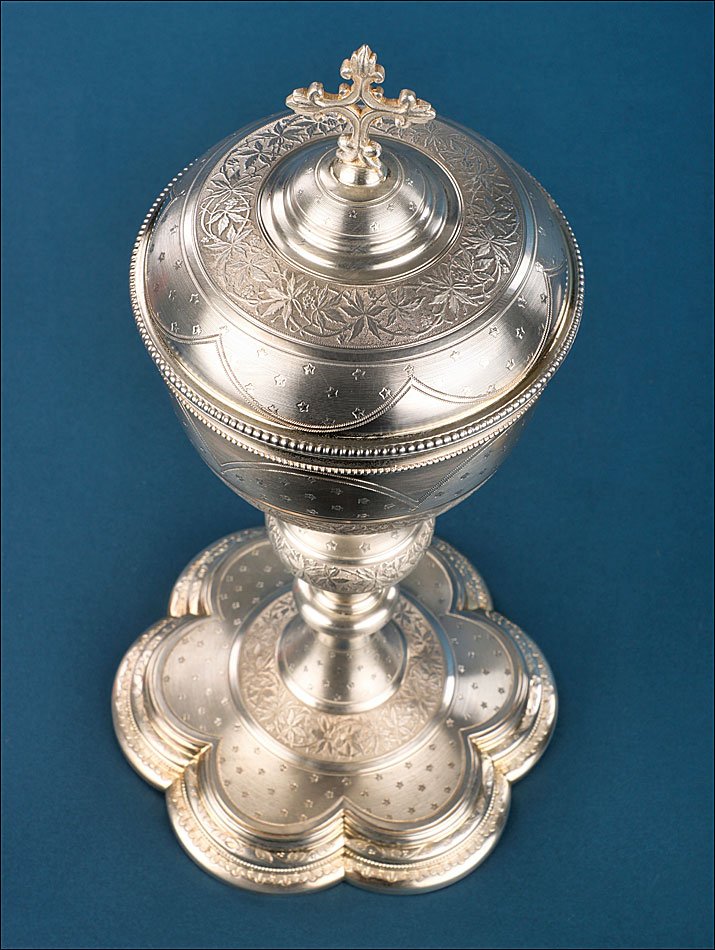

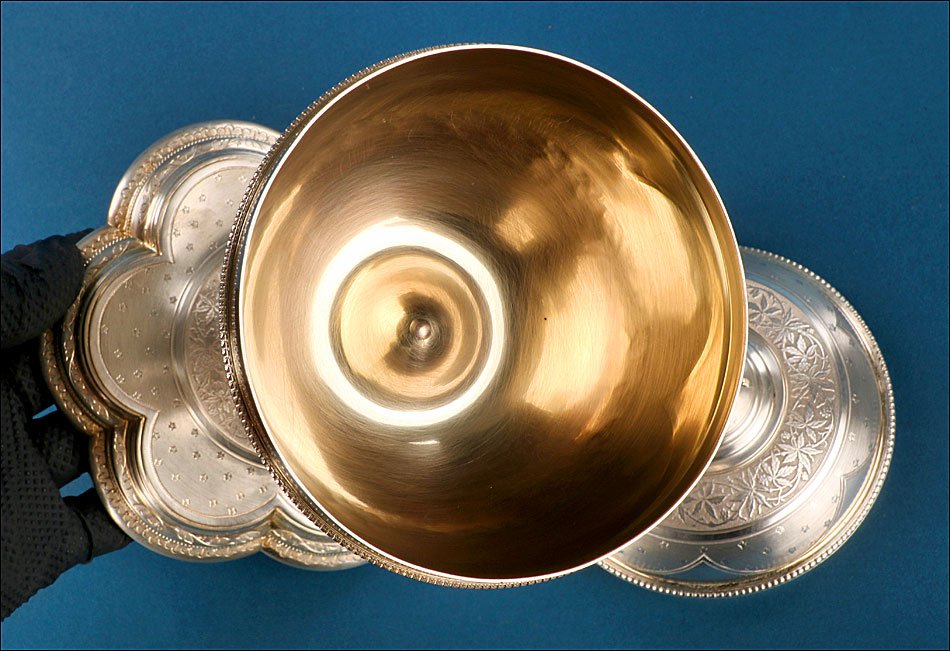
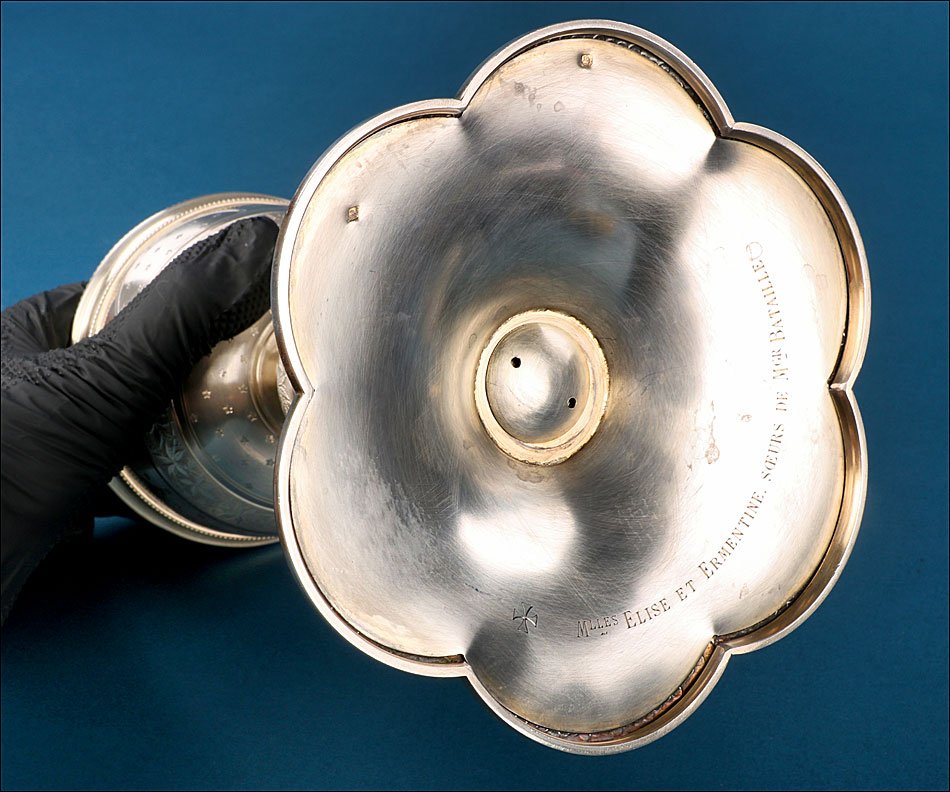
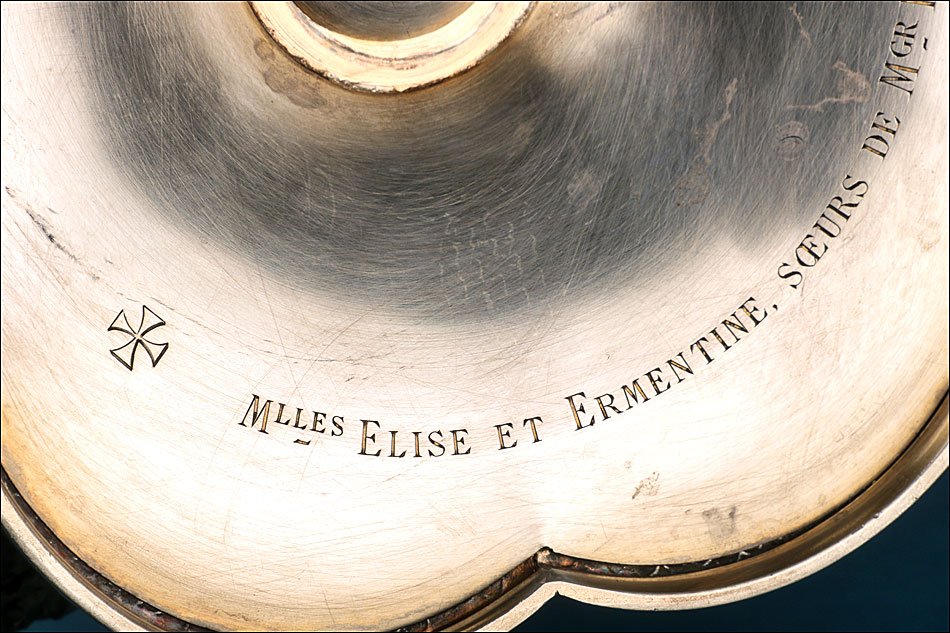

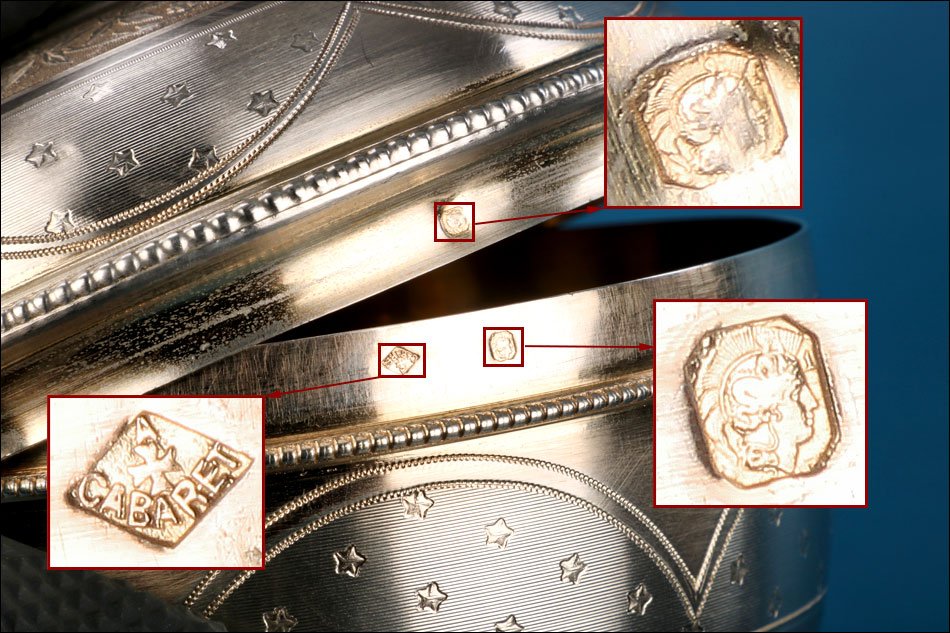














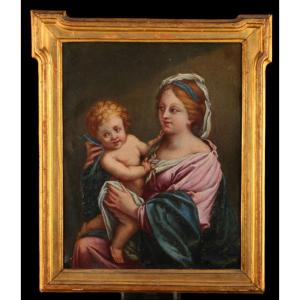








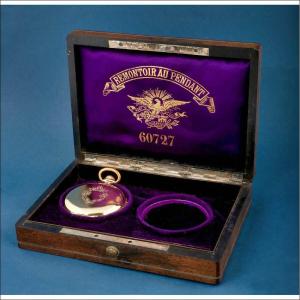






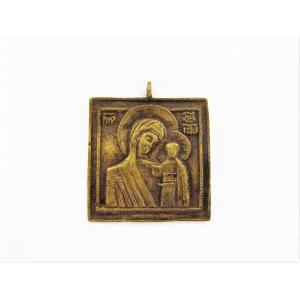
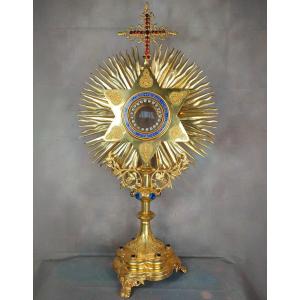
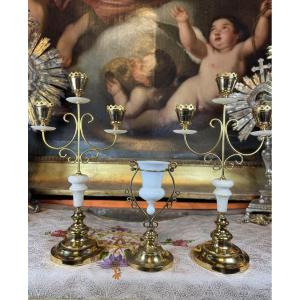
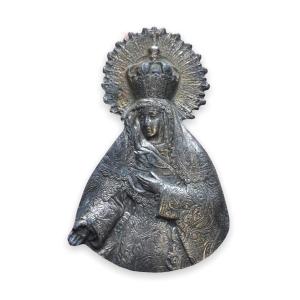



 Le Magazine de PROANTIC
Le Magazine de PROANTIC TRÉSORS Magazine
TRÉSORS Magazine Rivista Artiquariato
Rivista Artiquariato